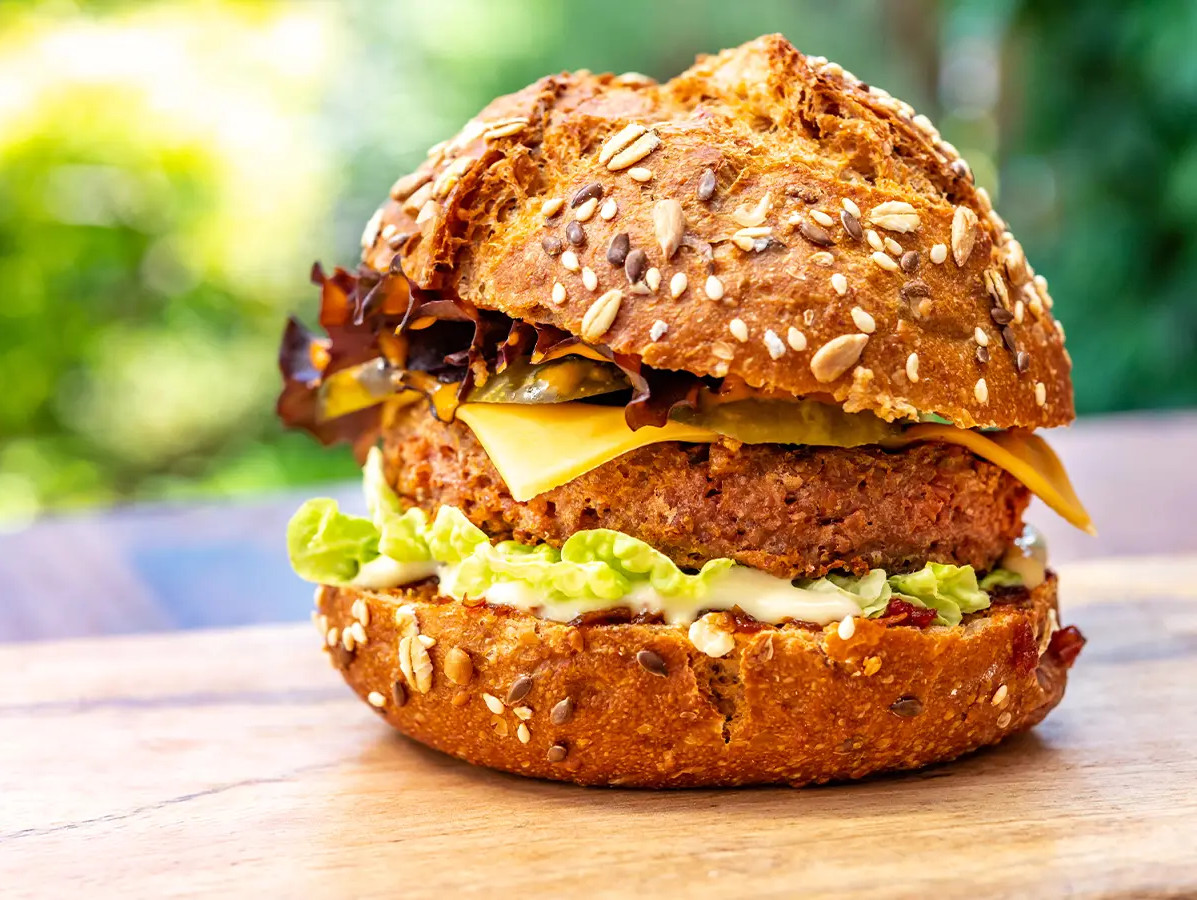
The vegan section in supermarkets continues to grow rapidly. But eating plant-based doesn't automatically mean fewer health risks. Research from the University of Antwerp shows that meat and cheese substitutes can sometimes contain more harmful substances than their animal-based counterparts.
Doctoral researcher Alicia Macan Schönleben, from the Toxicological Centre (UAntwerpen), studied 52 (ultra)processed plant-based food products from Belgium, Germany and the United Kingdom. “We're seeing more and more ultraprocessed novel plant-based foods (NPBFs) on the shelves,” she says. “These products undergo complex industrial processing and often contain a long list of ingredients and food additives.”
Scientific research on NPBFs tends to focus on environmental impact or consumer perception. Much less is known about their chemical safety. That’s why the team investigated the presence of organophosphate flame retardants and plasticisers.
These substances may end up in food during processing or through packaging materials. Organophosphate compounds are used as flame retardants, while plasticisers make packaging more flexible. “Certain compounds from both groups may negatively affect the brain, thyroid function, fertility, and could potentially be carcinogenic,” Macan Schönleben explains.
The toxicologists found higher concentrations of both types of chemicals in NPBFs compared to similar animal-based products. Cheese substitutes stood out in particular. “We suspect the contamination occurs during food processing or through plastic packaging,” says Macan Schönleben. According to her, there's no immediate health risk from eating these products, but replacing all animal-based foods with NPBFs is not recommended. A balanced plant-based diet made up of whole foods remains the better option.
Source: UAntwerpen